|
Financial markets have dived around the world in the past few days, in line with rising fears about the Wuhan coronavirus outbreak in China. Since markets like equities and bonds were already looking precariously over-extended, might the coronavirus be the sort of unforeseen “black swan” event that could send them into freefall and kick off a global economic meltdown? According to Zheng Wang, the conditions are not yet in place for that happen – he explains why.
Writing in 2001, Dutch poet Chawwa Wijnberg, whose father was executed by the Nazis, spoke about the unspeakable horror of the Holocaust. “Always present is the unsaid / the unsaid / that rips the wound open”. It’s been 75 years since the liberation of Auschwitz, and we are reminded of the importance of confronting these things as the world once again faces the rise of anti-Semitism and far-right populist movements. Marian de Vooght sheds light on the different groups who were persecuted by the Nazi regime and the power that continues to be found in the reclamation of their voices.
|
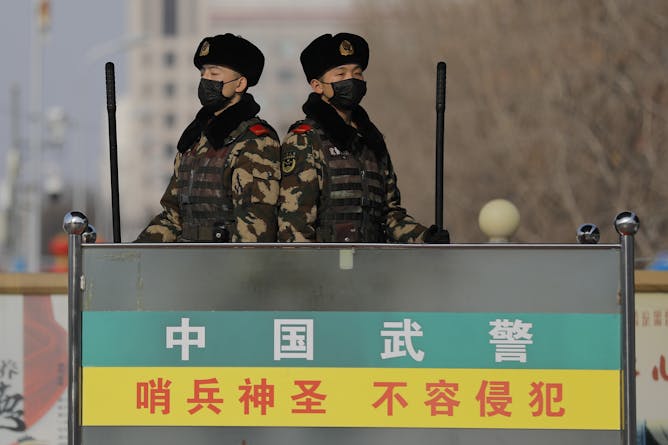
China in lockdown.
EPA
Zheng Wang, De Montfort University
How China appears to have learned from its response to the SARS crisis of 2003.
|
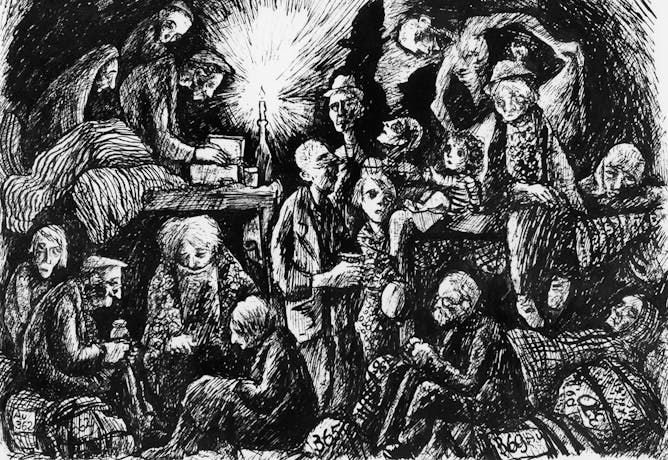
In the Living Quarters by Bedrich Fritta portrays Terezín (Theresienstadt) ghetto where early Holocaust poetry was written.
Wikimedia
Marian de Vooght, University of Essex
Holocaust poetry has been written for the last 90 years by people all over the world, in many different languages and by many different groups.
|
Politics + Society
|

Heike Becker, University of the Western Cape
An oral history based biography of a survivor of colonial genocide in Namibia indicates instances of humanity during an entirely inhumane era.
| |
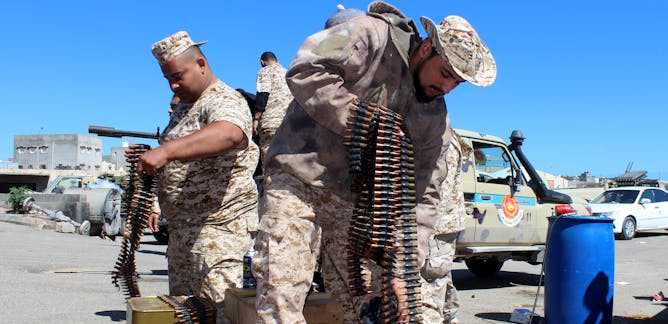
Inga Kristina Trauthig, King's College London
With dozens of international players meddling in Libya, nobody wants to see their side weakened.
|
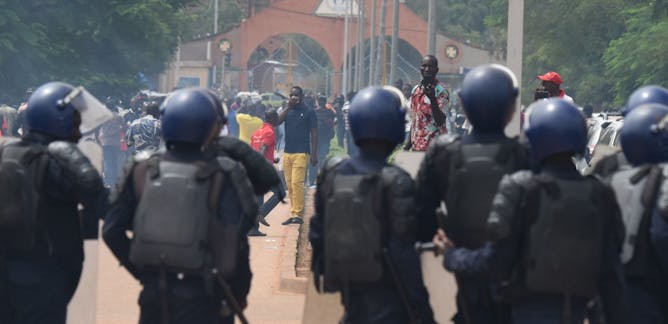
Mahamoudou Savadogo, Université Gaston Berger
Burkina Faso faces a new terrorist threat. Terrorist groups are now flourishing within its borders.
| |
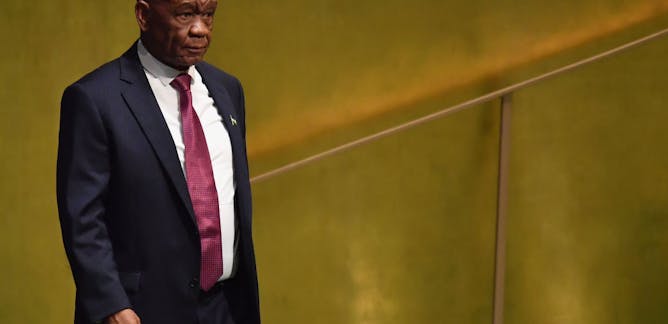
Roger Southall, University of the Witwatersrand
Since the demand for resources far outmatches the patronage available, Lesotho’s political arena has become brutally competitive.
|
|
|
Environment + Energy
|
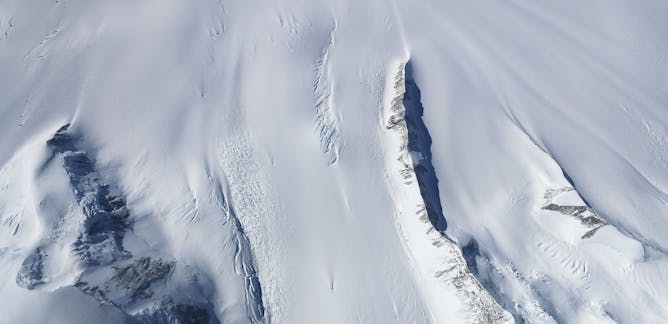
Dan Morgan, Vanderbilt University
Two centuries after it was first sighted by Russian explorers, Antarctica is a key site for studying the future of Earth's climate – and for global scientific cooperation.
| |
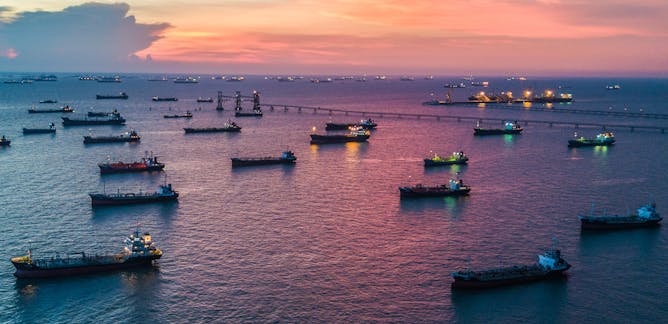
Robert Blasiak, Stockholm University
The Great Acceleration inaugurated the Anthropocene in the 1950s. Now, a similar race for resources and space is happening in the ocean.
|
|
|